Inhaled xenon gas reduced neuroinflammation, brain atrophy, and boosted protective neurons in mouse models of Alzheimer’s.


Inhaled xenon gas reduced neuroinflammation, brain atrophy, and boosted protective neurons in mouse models of Alzheimer’s.

Data from over 300,000 participants has revealed a potential genetic link between depression and cardiovascular disease in women.

Just like our gut has helpful microbes, so too does the soil around plant roots. But what happens when antibiotics disrupt this balance?
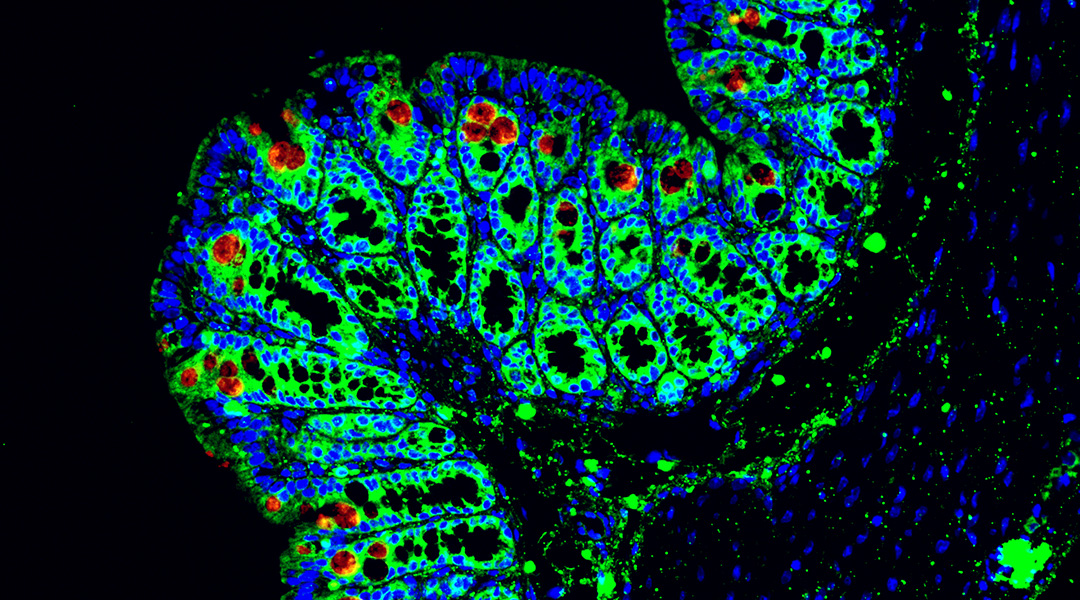
Scientists discover interactions between gut bacteria and immune cells that cause inflammatory bowel disease in glycogen storage disease.

Scientists are approaching disease and diagnosis in a new way, leverage big data to provide better options for both clinicians and patients.
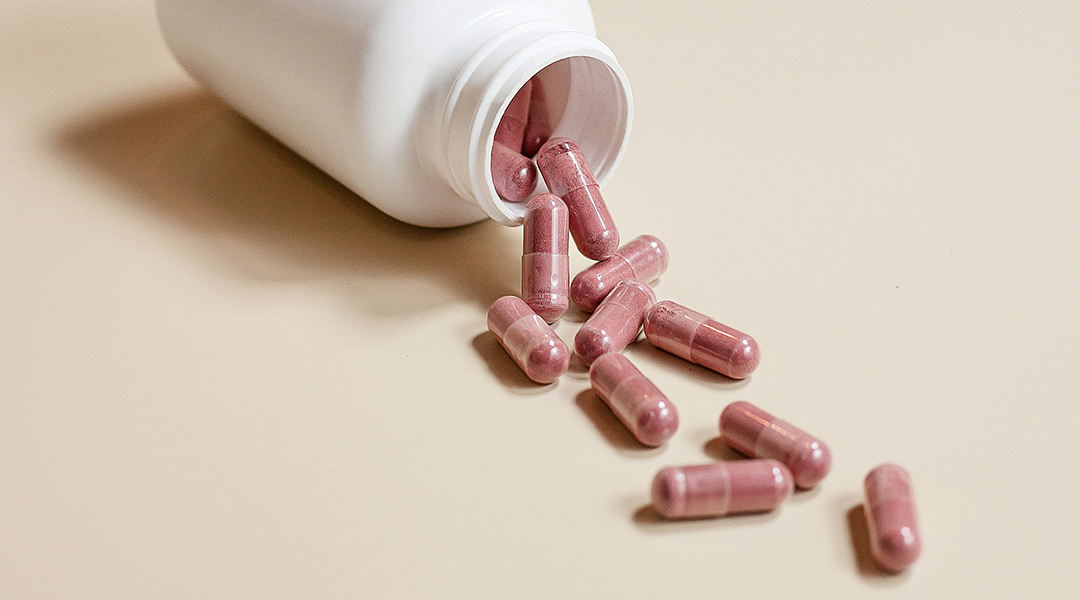
Study finds patients with high risk factors for cardiovascular disease may benefit from preemptive use of specific probiotics.
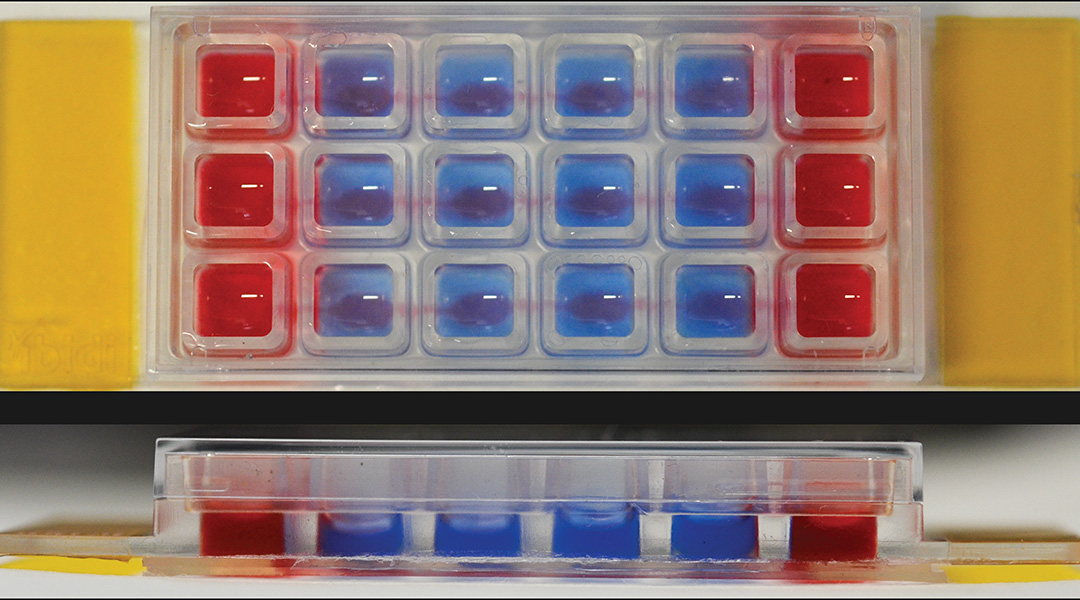
A microfluidic chip could help researchers uncover the unknown underlying mechanisms that cause inflammatory bowel disease.
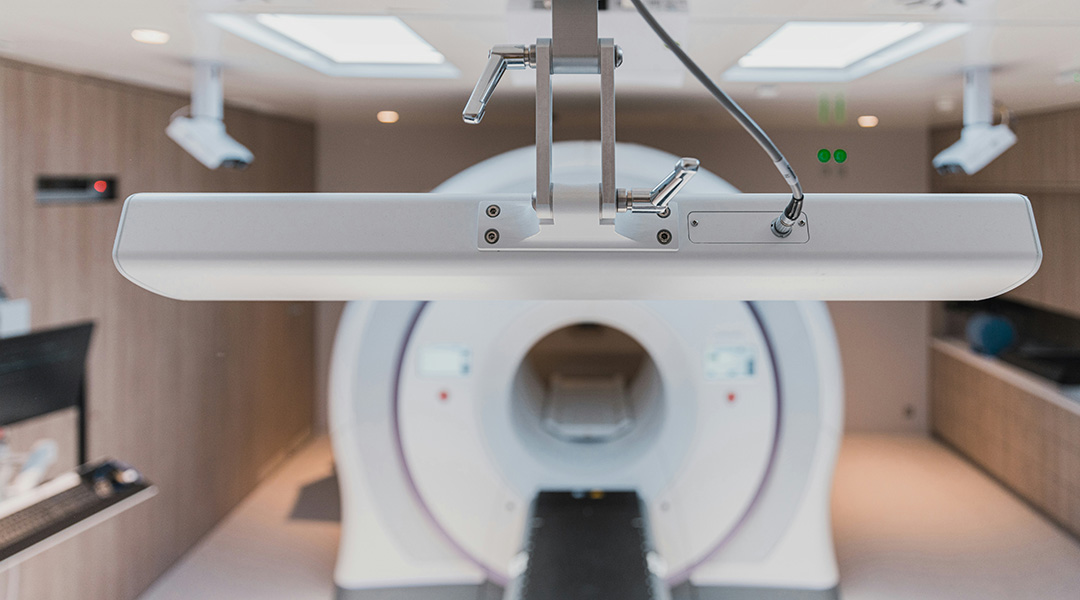
The system could be used by surgeons performing procedures to treat brain tumors and Parkinson’s disease.

Citrus canker threatens orange orchards, but nano-sponges loaded with a plant-based antibacterial may offer a solution.
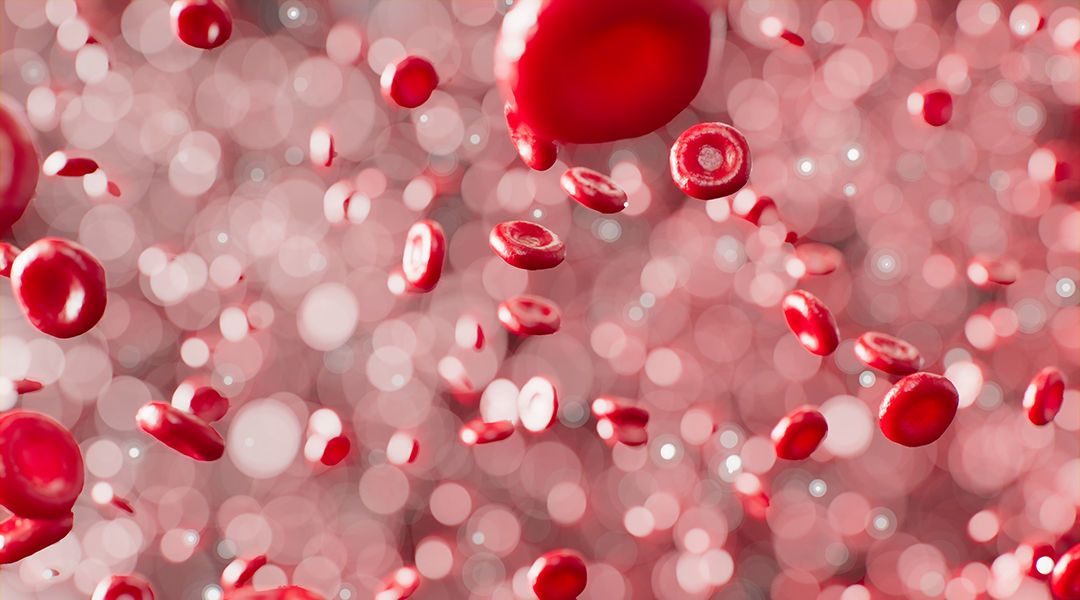
In a world first, UK authorities grant regulatory approval for a CRISPR gene therapy targeting sickle cell disease and β-thalassemia.